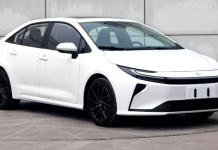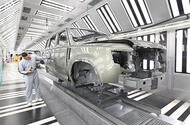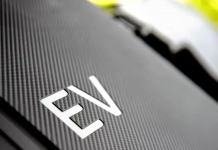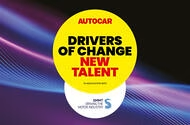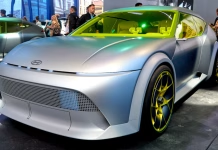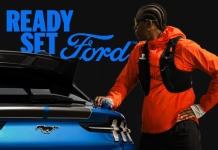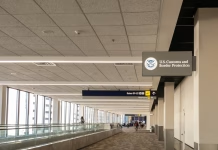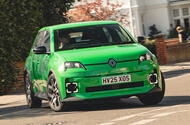Toyota Corolla debuts bold new look and hybrid options in China
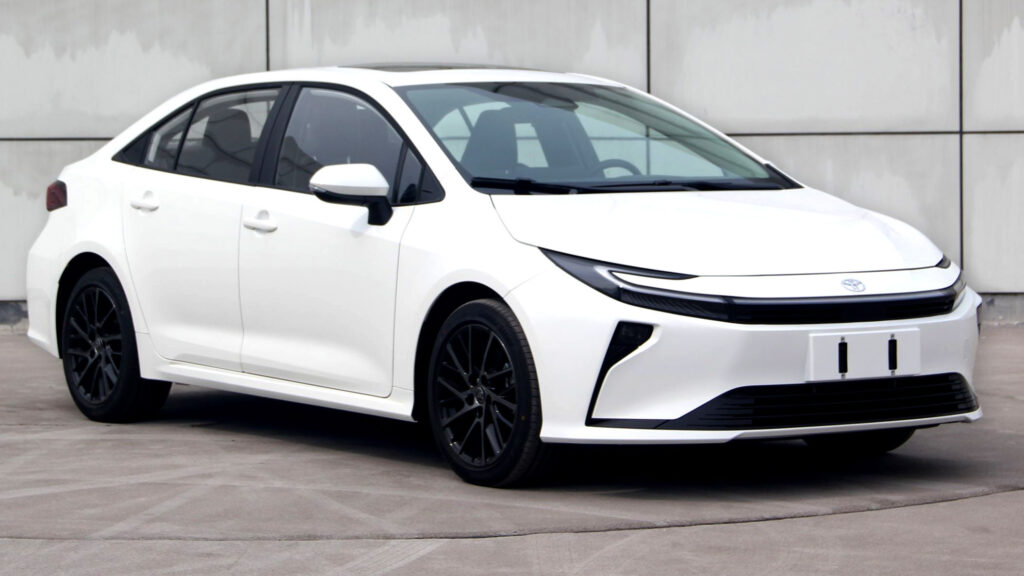
JLR Cyber Attack Halts Land Rover Production and Exposes Customer Data Globally
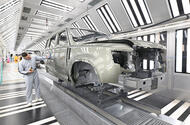 No new Land Rover cars have been produced since 1 September attack; issues affecting JLR globally
No new Land Rover cars have been produced since 1 September attack; issues affecting JLR globally
Data has been "affected" as a result of the cyber attack on JLR last week, the company has confirmed.
The 1 September hack has left the Jaguar and Land Rover maker crippled. No cars have been produced globally since, leading to what is expected to be millions of pounds of lost income.
A timescale for a fix is yet to be announced.
The extent of the issues meant JLR brought in police and cybersecurity experts over the weekend to “restart our global applications in a controlled and safe manner”.
During this process, which included an investigation, it was discovered that "some data" was "affected", said JLR.
JLR said today (10 September) that those affected will be contacted, suggesting that this data relates to customers and may have been stolen.
A JLR spokesperson told Autocar: “As a result of our ongoing investigation, we now believe that some data has been affected and we are informing the relevant regulators.
“Our forensic investigation continues at pace and we will contact anyone as appropriate if we find that their data has been impacted.
“We are very sorry for the continued disruption this incident is causing and we will continue to update as the investigation progresses.”
JLR has been rebuilding its internal IT systems since it shut them down following the cyber attack.
Alongside production issues, dealer sales, handovers and parts ordering are also affected.
JLR told Autocar on Saturday that “our retail partners remain open”. Autocar understands dealers are manually registering cars while computer systems remain down.
Meanwhile, the majority of workers at JLR’s production sites in the West Midlands and Merseyside have been told not to return to work again today. They are being updated daily and still being paid, with lost hours being "banked".
Production is also understood to have stopped at JLR's factories in Slovakia and India.
While JLR's public-facing website appears to be fully operational, the car configurator isn't accepting build orders, instead directing buyers to purchase from stock.
JLR hack: what happened?
Autocar first reported issues affecting JLR on 1 September, when dealers couldn't register new cars on 'new plate day' , traditionally one of the year's busiest for registrations.
In an effort to combat the hack, JLR began “shutting down our systems” on 2 September.
It's still in the process of rebuilding them and is unabel to confirm a timescale for the fix.
Who has claimed responsibility?
On 3 September, Scattered Spider – the group that hacked retailer Marks & Spencer in May, causing seven weeks of disruption and costing £300 million in lost operating profit – claimed responsibility for the attack on JLR.
Along with fellow hacking group Shiny Hunters, it claimed to have obtained customer data after exploiting a similar flaw in JLR’s IT system, The Telegraph reported.
The claim was made on a Telegram messenger group, where a user linked to the hackers posted a screenshot of what appeared to show JLR's internal system.
A member of the group told The Telegraph that a well-known flaw in SAP Netweaver - third-party software used by JLR - was exploited to access the data.
US cyber agency CISA warned about the flaw earlier this year. An update for the software was released, but whether JLR applied it is unknown.
It's also not known what data was taken or if a ransom demand has been made.
JLR told Autocar in a statement on 3 September that “there is no evidence any customer data has been stolen”.
According to The Telegraph, the hacking groups are believed to be made up of teenagers from English-speaking countries.
Immigration raid halts US battery plants and puts billions in EV investments at risk
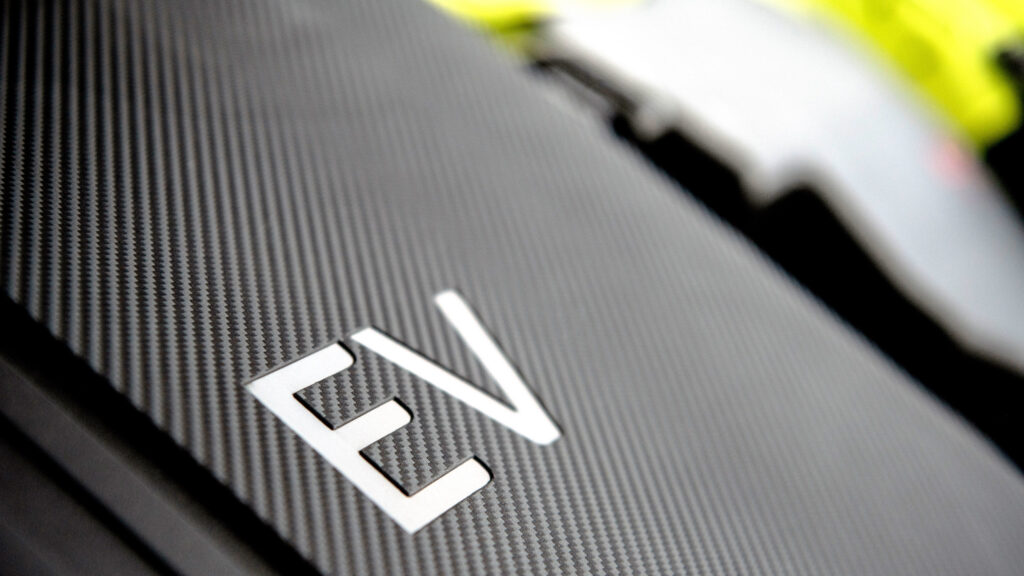
Jeep Alternatives Meet the Turbocharged Honda Element Off Roader

Drivers of Change New Talent Awards Spotlight Rising Stars in Automotive Industry
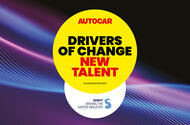 Latest edition will celebrate rising automotive talent; winners to be celebrated at a special event at Stellantis HQ in November
Latest edition will celebrate rising automotive talent; winners to be celebrated at a special event at Stellantis HQ in November
You now have extra time to submit your nominations for the Autocar Drivers of Change: New Talent awards, as the deadline for entries has been extended to Wednesday 24 September.
Held in association with the SMMT, the second running of the Drivers of Change awards will celebrate individuals who are either apprentices or in the first two years of their career, and the company that's doing the most to support them.
The goal of Drivers of Change is to celebrate the automotive industry as a place where you can have a thriving career irrespective of your background and to promote the industry as a great place to work for those from all different backgrounds.
For the New Talent edition, that can be as simple as having started and made an impact in a first role in the industry. We will name the stand-out stars, and the company that is doing the most to support new talent, in a ceremony at Stellantis's UK headquarters in Coventry on 13 November.
We encourage you to spread the word and consider nominating anyone from your wider organisation – no matter which sector of the automotive industry – who meets these broad criteria and has a compelling story to tell.
Entries are now open - submit your nomination here.
There will be no specific categories in which to enter and anyone named on our list can call themselves an Autocar Driver of Change. Earlier this year, 40 individuals were named in the inaugural Autocar Drivers of Change for their work mainly in DEI initiatives, in a ceremony at the SMMT headquarters in February.
This forms part of a refreshed calendar of events at Autocar. Each spring we will continue to host Autocar Great Women, which every other year will celebrate Rising Stars. Drivers of Change will follow a similar cadence in this new autumn slot, where it will remain in future years.
Hyundai Ioniq 3 N Teased as Affordable Electric Hot Hatch for 2027
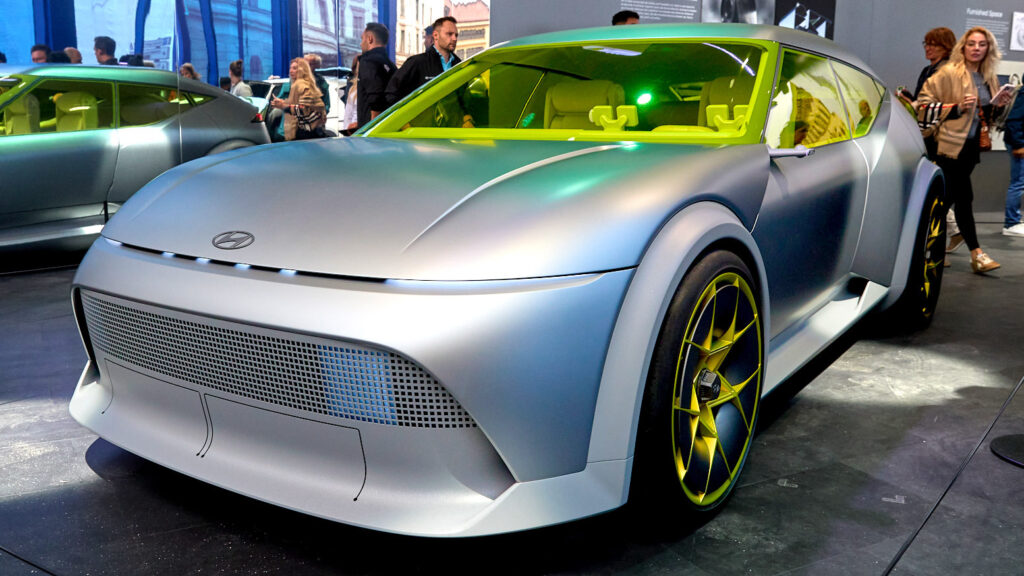
UFOs Why Firing Missiles at Unidentified Objects Raises Big Questions
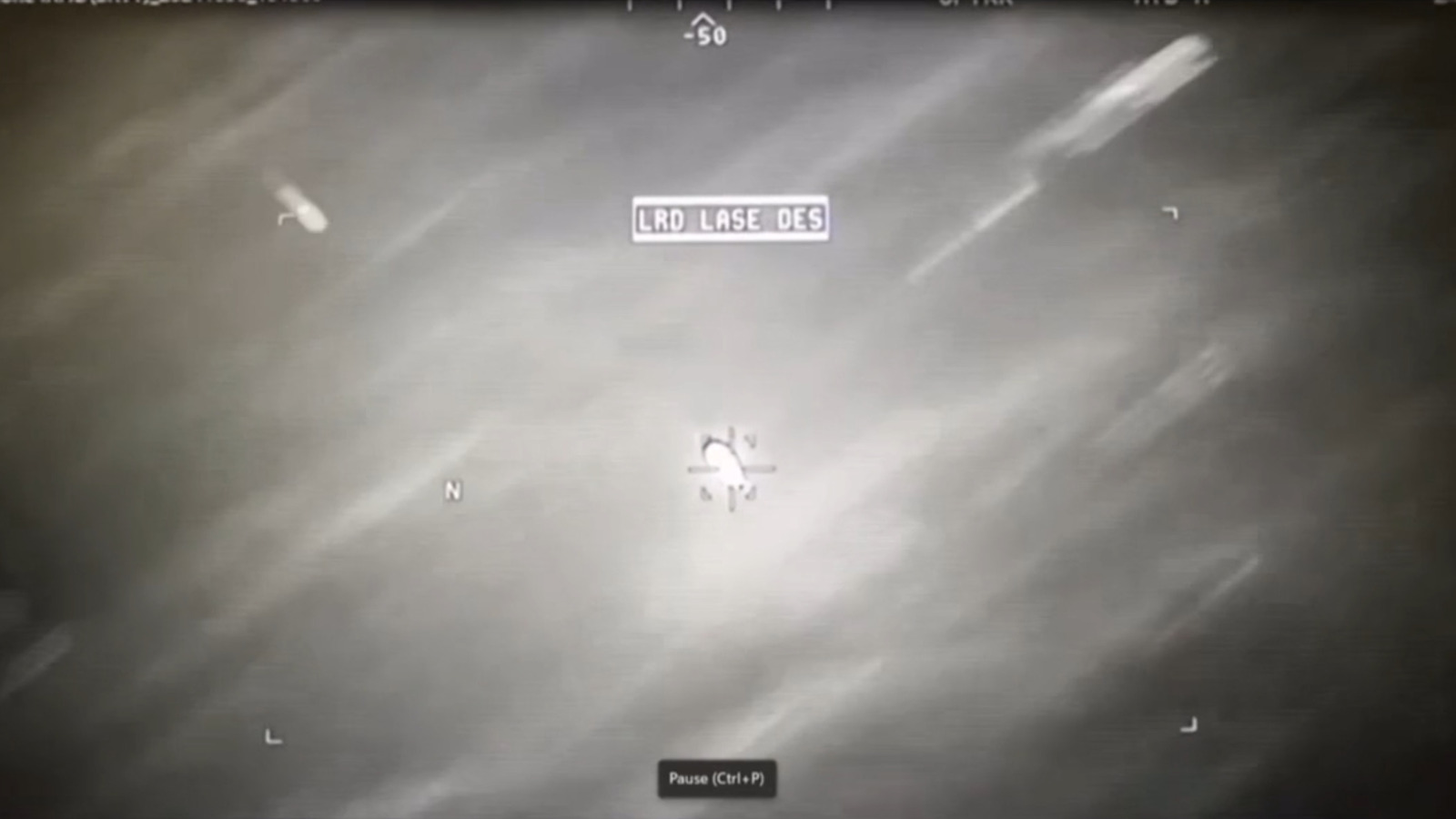
Ford shifts global marketing to spotlight enthusiasts and lifestyle over nameplates
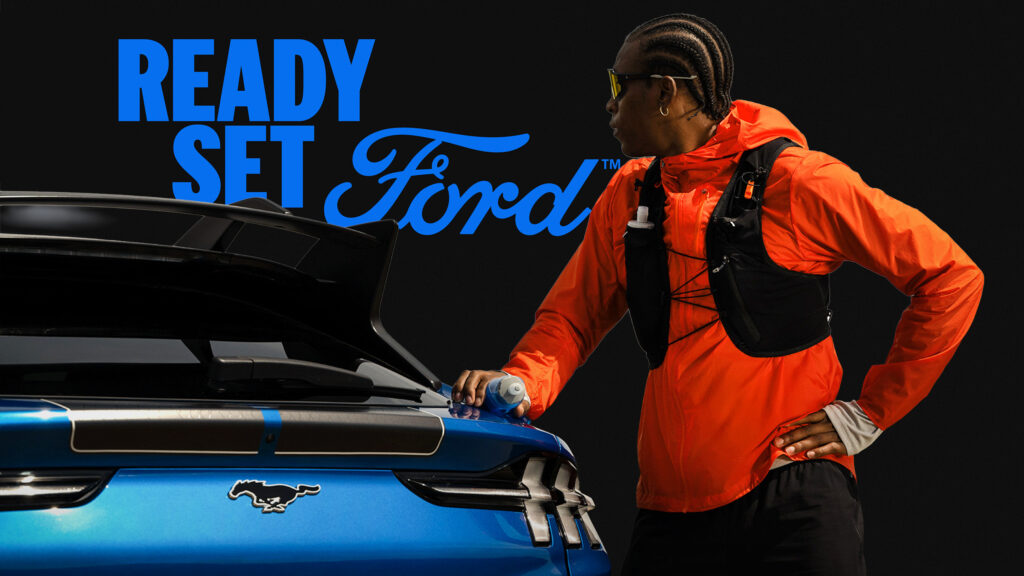
Immigration and Customs Enforcement Detains Hundreds at Georgia Hyundai-LG Battery Plant
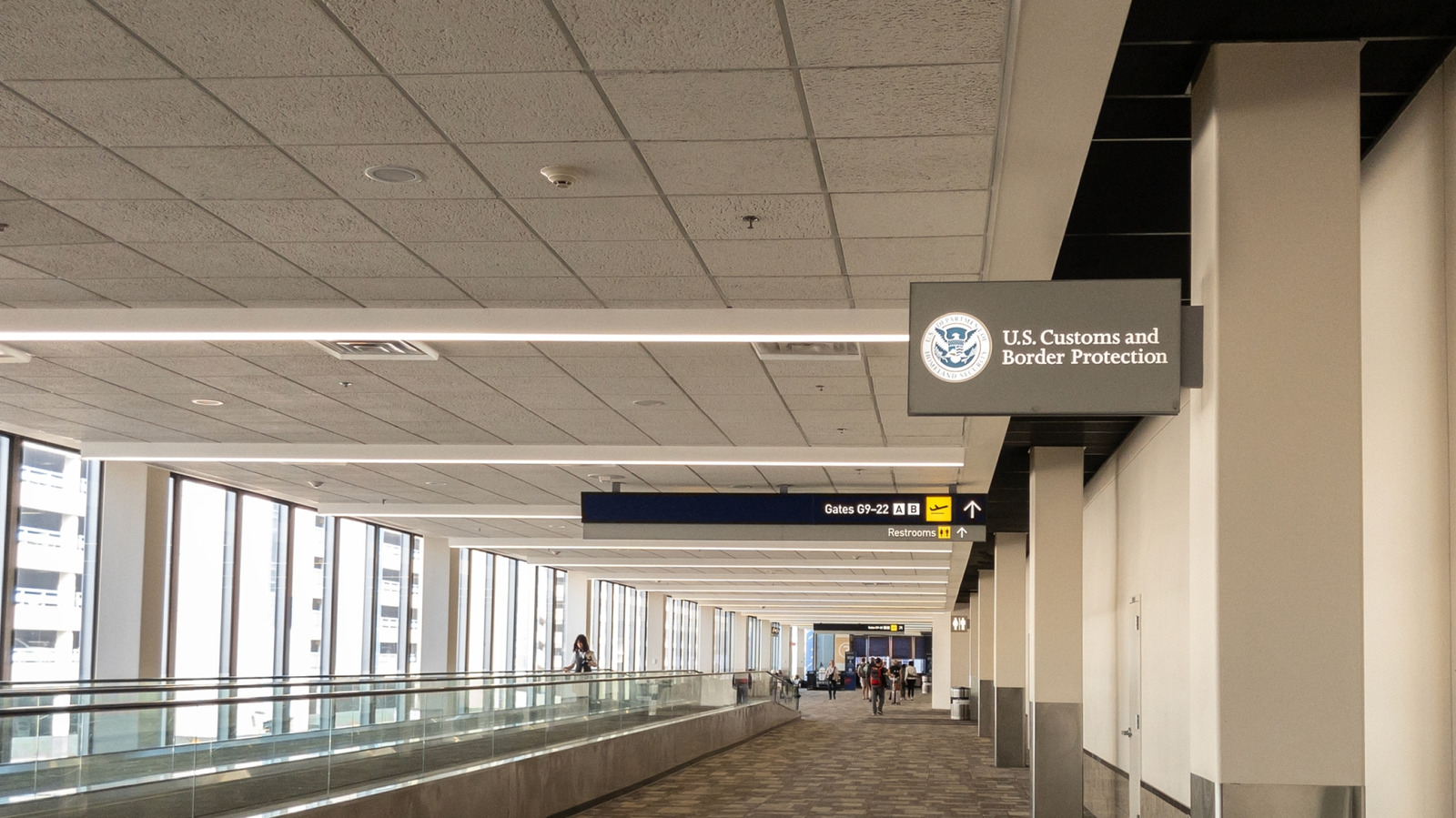
Electric vehicles need lower prices not more regulations says new Renault boss
 François Provost outlines his vision for the Renault Group in his first media appearance
François Provost outlines his vision for the Renault Group in his first media appearance
New Renault Group boss François Provost has said legislators should focus on how to reduce the cost of electric vehicles, rather than forcing manufacturers to sell them in ever-greater numbers.
The Frenchman was recently named CEO of the French car giant, succeeding Luca de Meo, who was instrumental in implementing a recovery plan that involved reviving the Renault 5 and 4 as small EVs.
Provost sat down with a select group of journalists, including Autocar, at the Munich motor show to outline his vision for the firm and answer questions on a range of topics – including the EU’s planned 2035 ban on the sale of non-zero-emission cars.
While the professional, slightly conservative Provost might seem a sharp contrast with the sharp-suited predecessor de Meo, they are similar in how they answer questions: Provost speaks with a brisk directness and a pleasant candour not so different from de Meo.
He launched immediately into the most important of declarations: “I’m a continuity man,” he said. “Our central task is to promote the Renaulution plan [introduced by de Meo in 2021], to build a strong line-up in Europe and then to renew it. Of course, we must be ready to react if internal factors change – but we have the Ampere and Horse divisions [spin-off firms that focus on EV and ICE development respectively] to help with that.”
When it comes to dealing with the Chinese model offensive in European markets, Provost pointed to Renault’s attempts to speed up its model development to less than two years and added: ”We are also capable of very strong and emotional designs and we have proved it.
“We are better at this than our competitors – especially the Chinese. We are also busy improving our customer engagement: we respect our dealers and we aim to bring our own special values to the customer experience.”
When asked about the EU CO2 targets, Provost gave a thoughtful response. “We should not focus on 2035,” he said, “even if it makes a nice hook for your headlines.
“The fact is that EV prices now are far too high for people – right now – and because of that, we are producing more carbon than we need to. We must make it clear that the industrial logic in Europe is wrong. What is needed is less regulation, which would allow car prices to be more affordable. Technology neutrality that pushes EVs forward should be the way.”
Asked what he was doing to push that message, Provost said: “First, I will focus on what I can control, so I’ll keep working on costs. Then I will go to the European authorities with my colleagues [other industry leaders] to enhance their sense of urgency. They should know that the job of stimulating the EV market cannot fall on car manufacturers alone: as well as the wrong European logic, we have issues with charging infrastructure and the price of electricity across Europe.”
Like de Meo, Provost makes it clear he believes generally in pursuing value over volume with car sales – which instantly opens him to questions about how Renault will cope with new-car discounting, rising across Europe. “We will follow the market,” he said, "but without doing anything crazy. Again, this is why I continue to push on reducing costs…”
Provost also said the firm’s Alpine-branded Formula 1 team, which will switch from using Renault-built to Mercedes powertrains next year, was safe despite its recent struggles.
“We will stay in F1,” he said. “We have good contracts and good sponsors, and I believe we have passed a tipping point. That’s not to say we are about to start winning, but I believe we now have stable management and a good power unit from Mercedes. I think we now have a chance to do better.”

